Elon Musk's Twitter purchase draws flak over abuse-ridden Saudi funding
Elon Musk's purchase of Twitter has come under flak over a sizable funding a Saudi Arabianprince allocated to the American social media platform as the ultra-conservative kingdom grapples with a stark track record of human rights abuse and repression.
The $44 billion deal was concluded on Friday after a months-long spat between Musk and the Twitter Company, with the 51-year-old billionaire swiftly dismissing its CEO and other top executives as part of "reforms" he had already promised the internet and social media users, among them the "prioritization of free speech".
The purchase was, however, shrouded in controversy after Saudi Prince Alwaleed bin Talal said he and his Kingdom Holding Company had rolled over a combined $1.89 billion in existing Twitter shares, making them Twitter’s largest shareholder after Musk.
“The SpaceX founder relied on equity from other investors to carry out the deal. Alwaleed, a Saudi prince, and CEO of the Kingdom Holding company committed $1.89 billion—equating to nearly 35 million shares—in equity to help Musk purchase Twitter,” media reports underlined.
Musk's reliance on Saudi Arabia drew harsh criticism over Riyadh's stifling of free expression and human rights violations at home and aboard.
Saudi Crown Prince Mohammed bin Salman is accused of ordering the 2018 brutal murder of dissident journalist Jamal Khashoggi, who was a vocal critic of the Saudi royalty. Khashoggi was dismembered with a bone saw during a visit to the Saudi consulate in the Turkish city of Istanbul.
Some critics raised eyebrows at the purchase and voiced concerns about the possibility of promoting hate speech online, highlighting what they viewed as a dangerous hypocrisy in allowing Saudi royalty so much ownership of Twitter.
"There's not been enough scrutiny of the fact that Elon Musk's Twitter takeover has been propped up with cash from Qatar & Saudi Arabia," tweeted Business Insider's Ryan Gallagher. "Twitter was prev compromised by Saudi spies who used internal data to out dissidents & have them jailed. Surprising any new owner of Twitter - especially one professing to be a free-speech absolutist - would want Saudi influence anywhere near the platform."
There's not been enough scrutiny of the fact that Elon Musk's Twitter takeover has been propped up with cash from Qatar & Saudi Arabia pic.twitter.com/lPhIp6Qw9j
— Ryan Gallagher (@rj_gallagher) October 28, 2022
"The bird is free! The bird is free!" tweeted MSNBC Host Mehdi Hasan in reference to Musk's celebration of the purchase. Hasan, a critic of Saudi Arabia's authoritarian regime, made the post as he retweeted the news about Alwaleed's stake on Twitter.
The bird is free! The bird is free! https://t.co/3K3JeXoDWU
— Mehdi Hasan (@mehdirhasan) October 29, 2022
Tommy Vietor, a former staffer for ex-US President Barack Obama, tweeted, "The second largest investor in Twitter is...Saudi Arabia. The bone saw-loving kingdom that just sentenced a 72-year-old American man to 16 years in jail for his tweets."
The second largest investor in Twitter is...Saudi Arabia. The bone saw-loving kingdom that just sentenced a 72-year-old American man to 16 years in jail for his tweets. pic.twitter.com/dY3UIwU2JW
— Tommy Vietor (@TVietor08) October 29, 2022
Saudi Arabia has long been under the international community's spotlight over its flagrant violation of human rights and continued crackdown on free expression.
Saudi courts have in recent weeks sentenced several people to jail for tweeting and retweeting posts critical of the ultra-conservative regime in Riyadh. Among them were two Saudi women who have received decades-long sentences, and a US citizen of Saudi origin.
Ever since Crown Prince Mohammed bin Salman became the de facto leader in 2017, the kingdom has arrested hundreds of activists, bloggers, intellectuals, and others for their political activism, showing almost zero tolerance for dissent even in the face of international condemnation of the crackdown.
Muslim scholars have been executed and women’s rights campaigners have been put behind bars and tortured as freedom of expression, association, and belief continue to be denied by the kingdom's authorities.
Over the past years, Riyadh has also redefined its anti-terrorism laws to target activism.
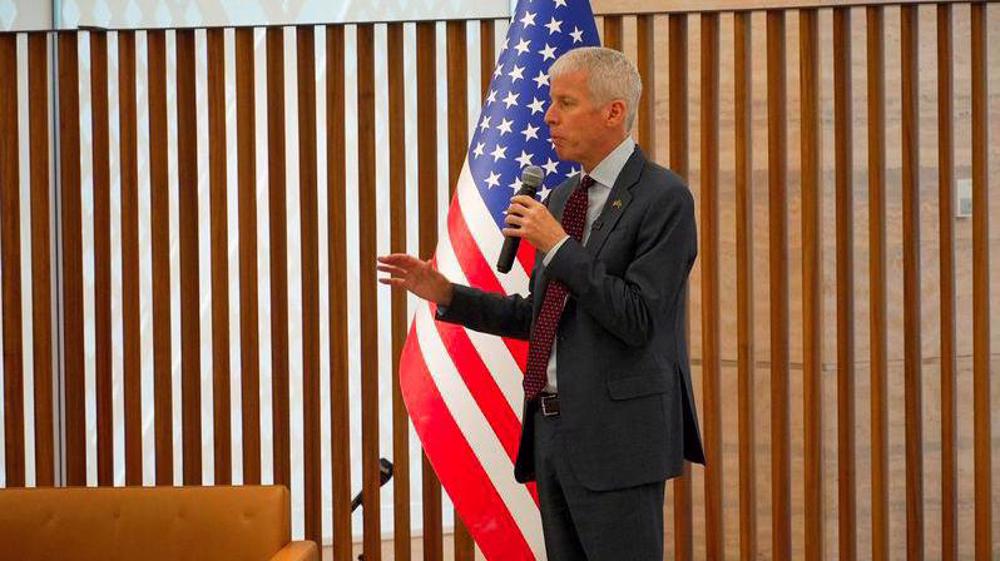
Saudi Arabia, US to sign agreement on civil nuclear program: Energy secretary

Saudi Arabia calls for 'maximum pressure' on Israel as UN warns of ‘longest Gaza blockade’
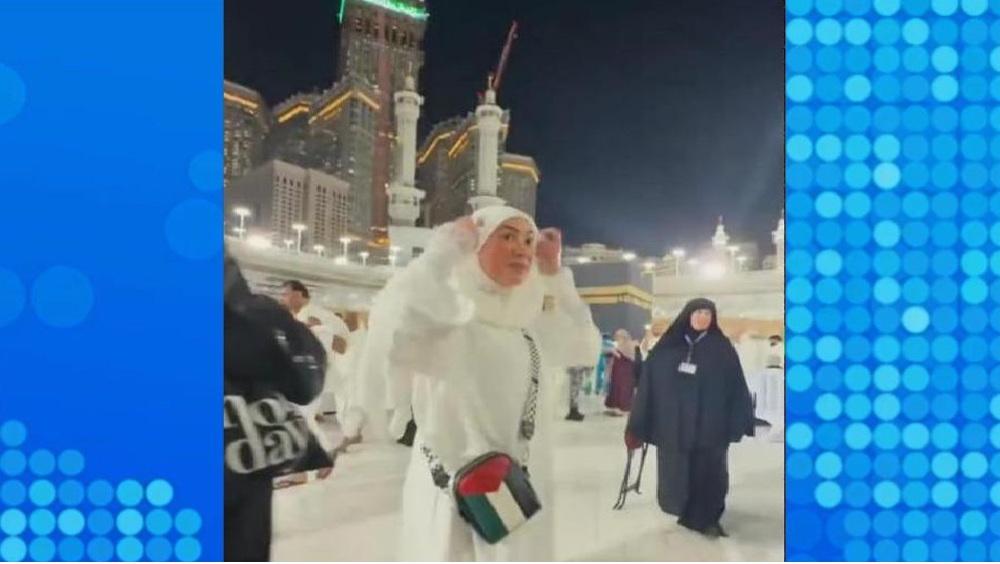
Saudi police ‘detain’ female pilgrim for displaying Palestinian flag in Mecca
VIDEO | Press TV's news headlines
VIDEO | Iran showcases indigenous military capabilities on Army Day
President: Iran strives to solve disputes and foster peace
Israeli attacks kill at least 50 across Gaza as heavy strikes hit north, south
'No force can disarm us': Hezbollah official
Yemen targets Tel Aviv, US aircraft carriers in pro-Gaza operations
UNRWA raises alarm over dire humanitarian crisis in Gaza amid Israeli blockade
China dismisses Ukraine's allegation of weapon supplies to Russia as 'groundless'


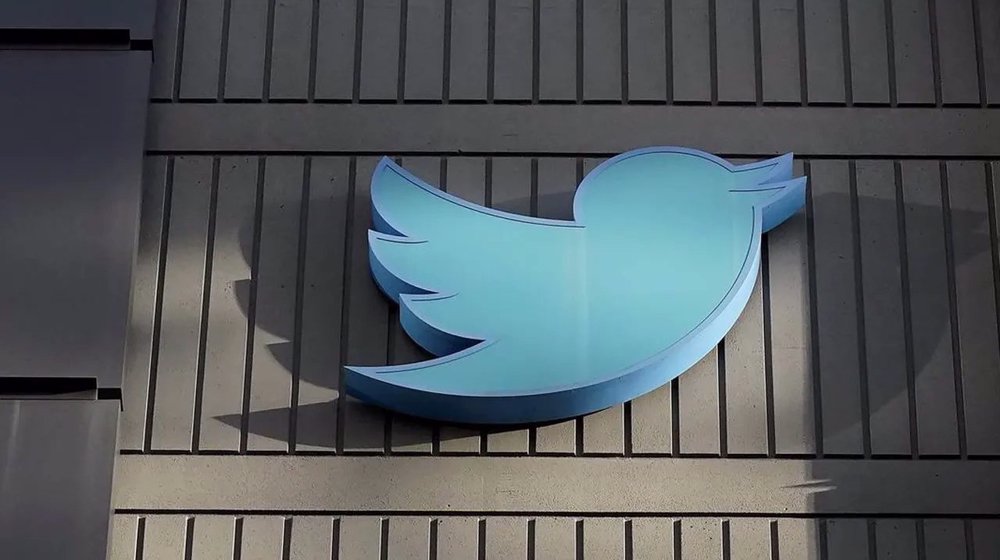
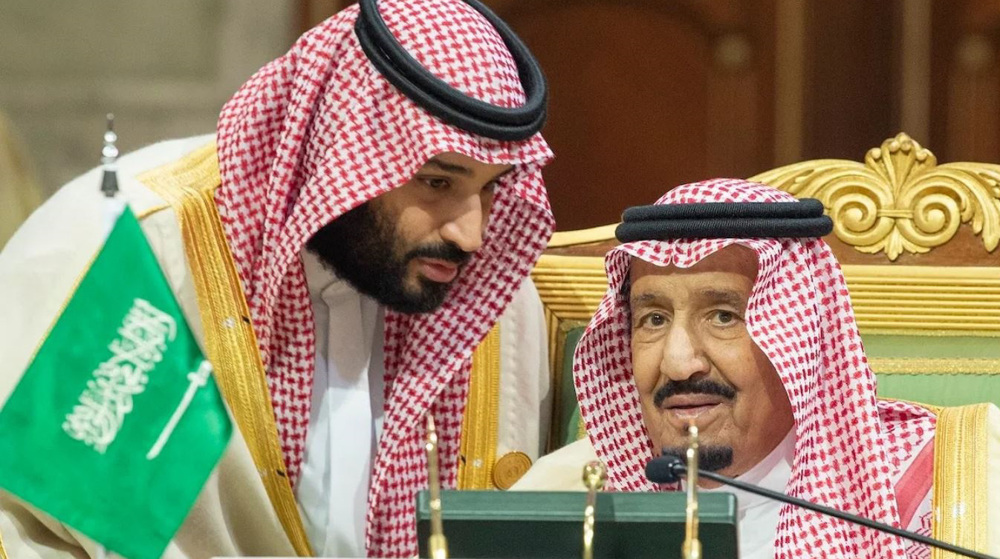
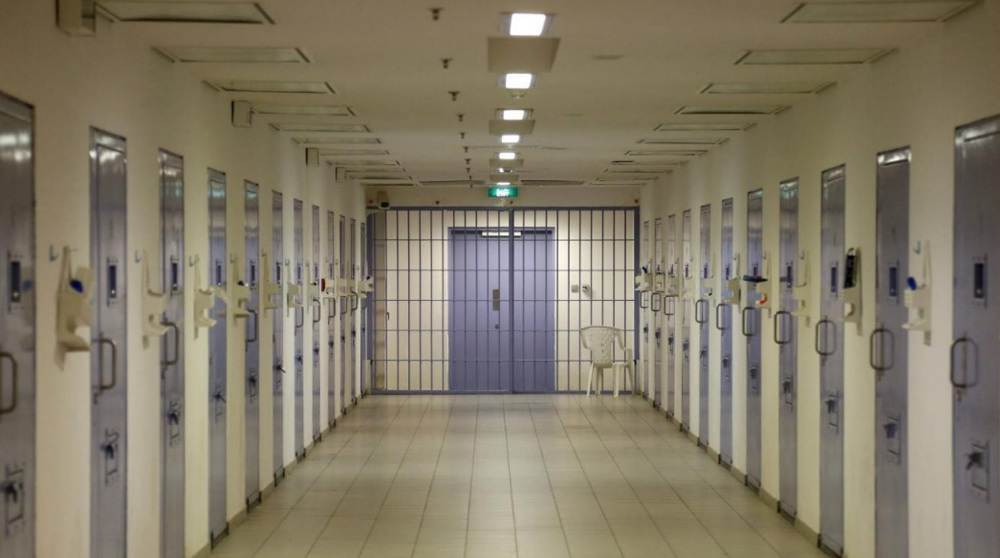



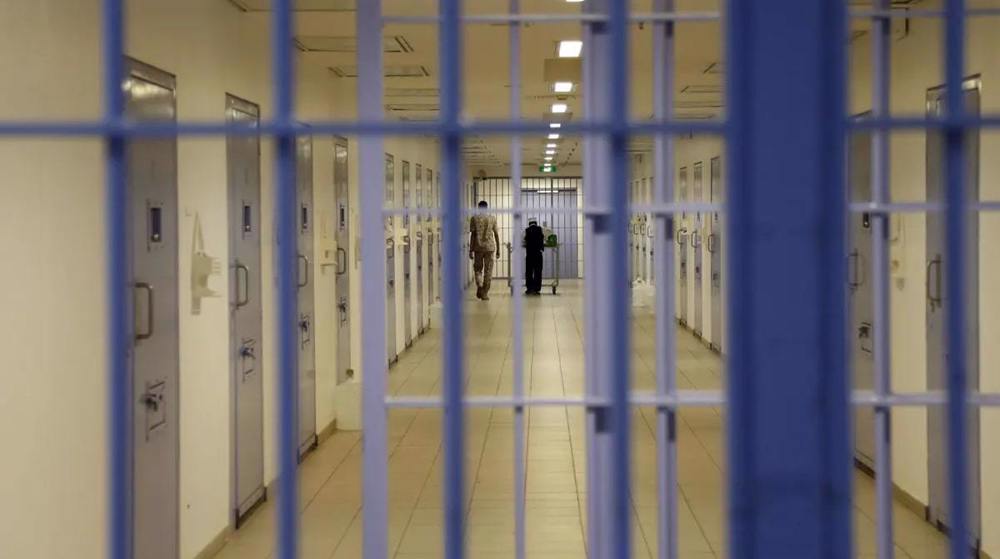
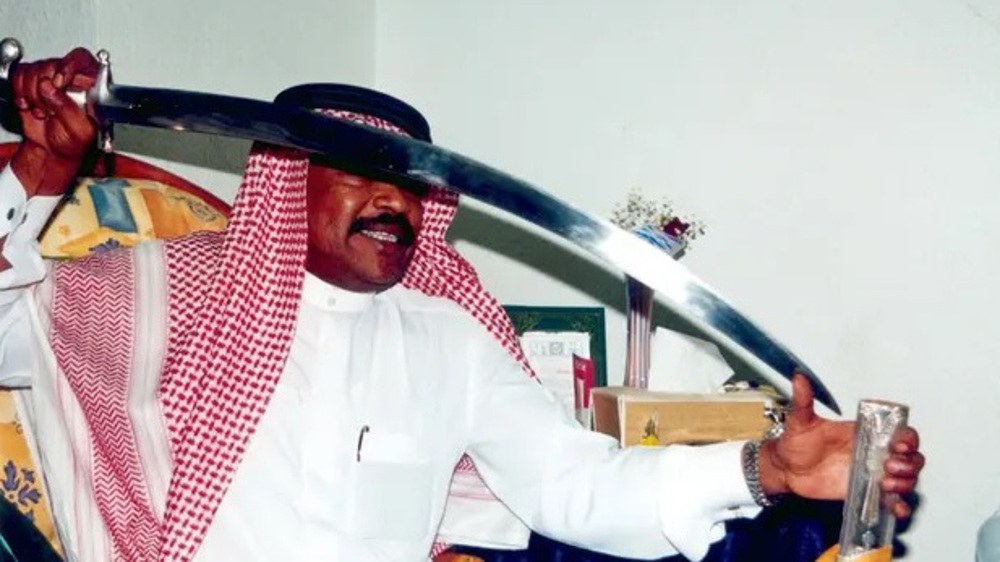
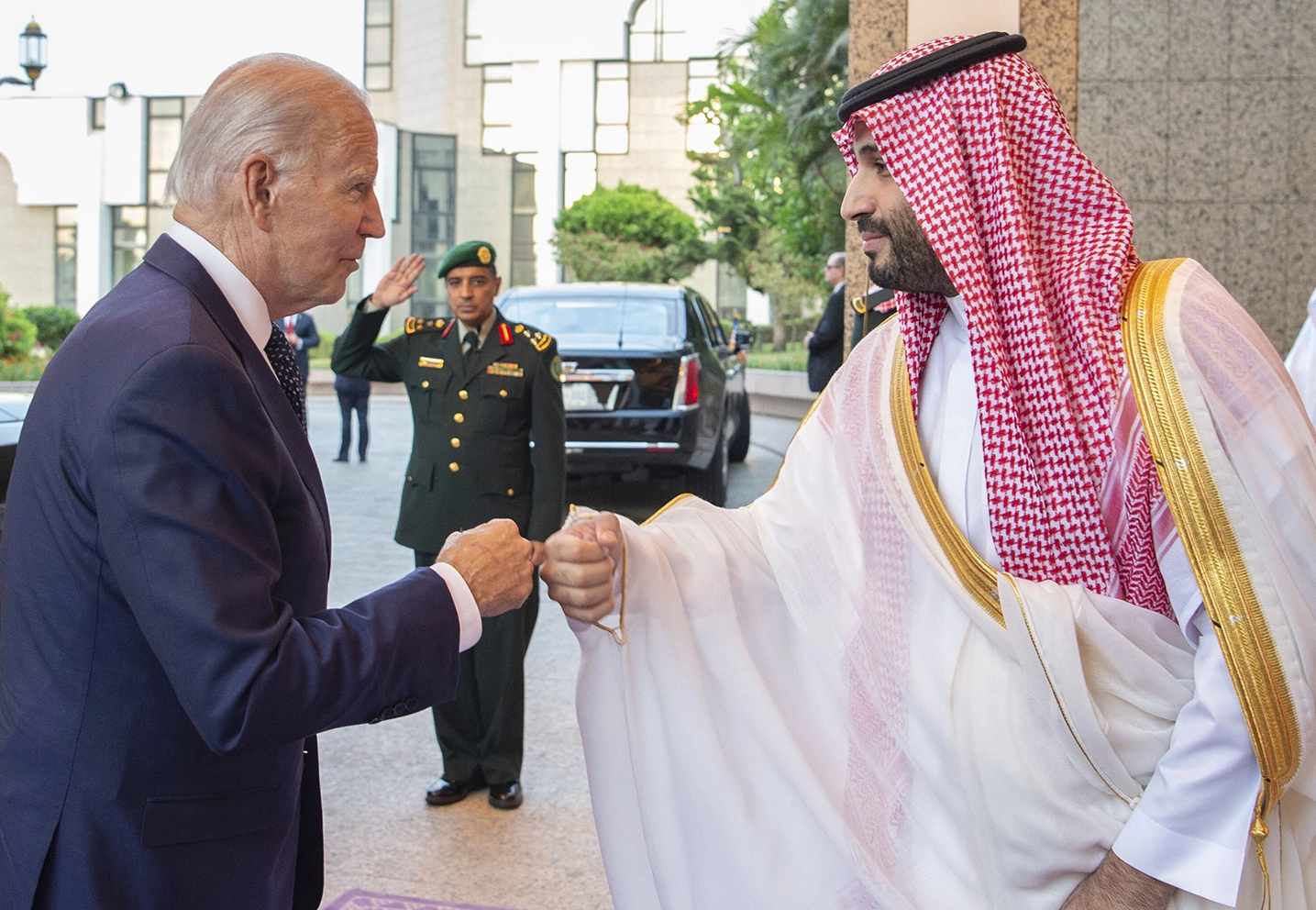
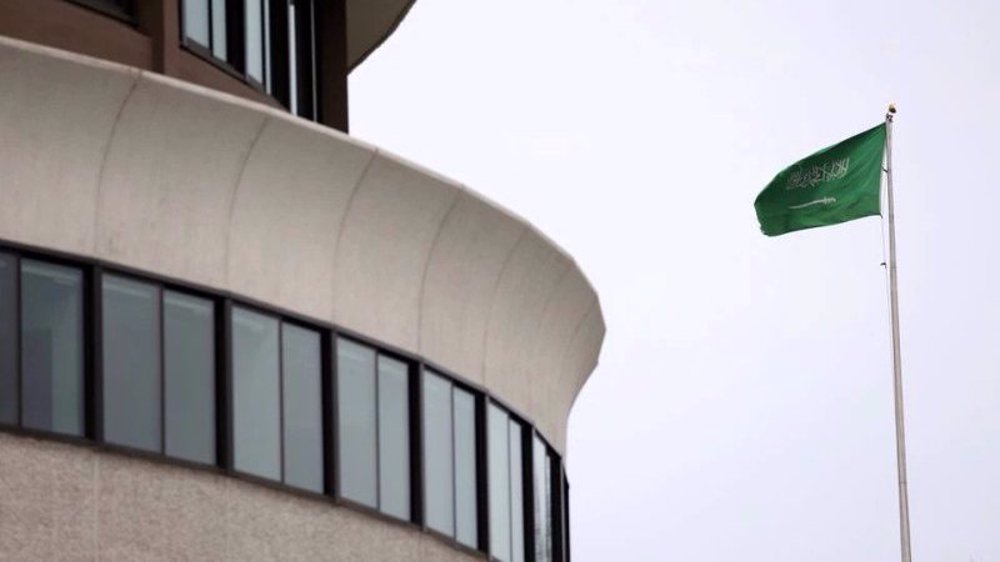

 This makes it easy to access the Press TV website
This makes it easy to access the Press TV website